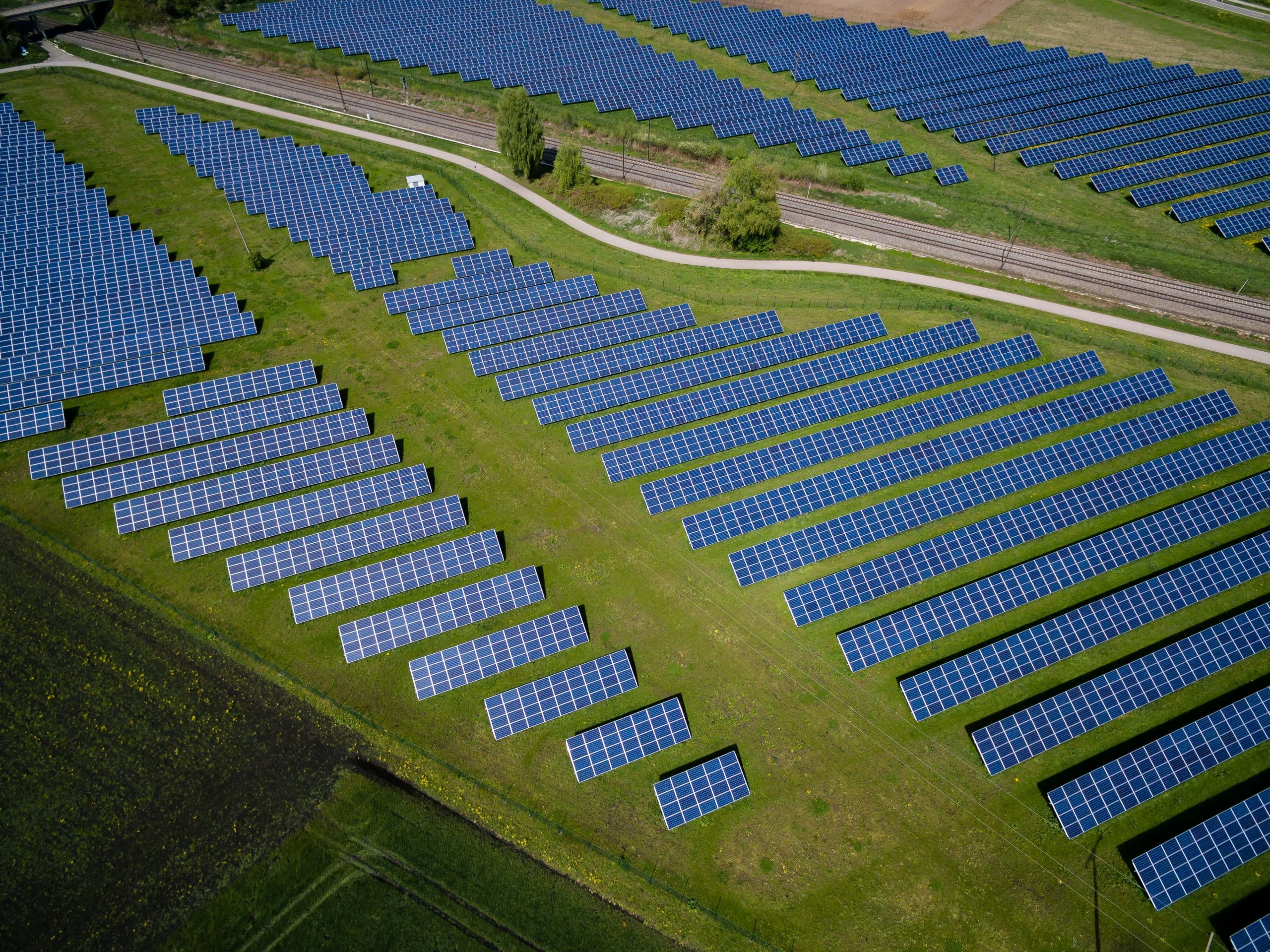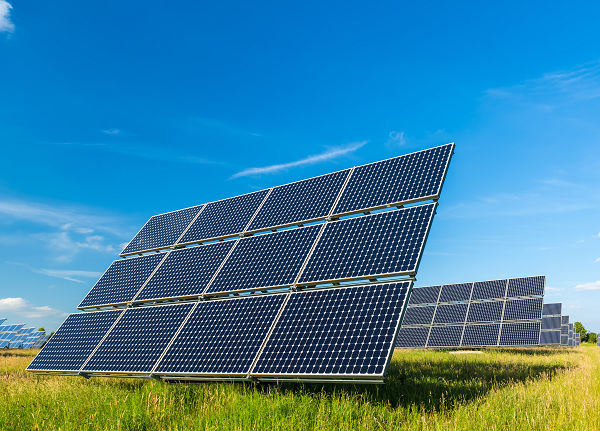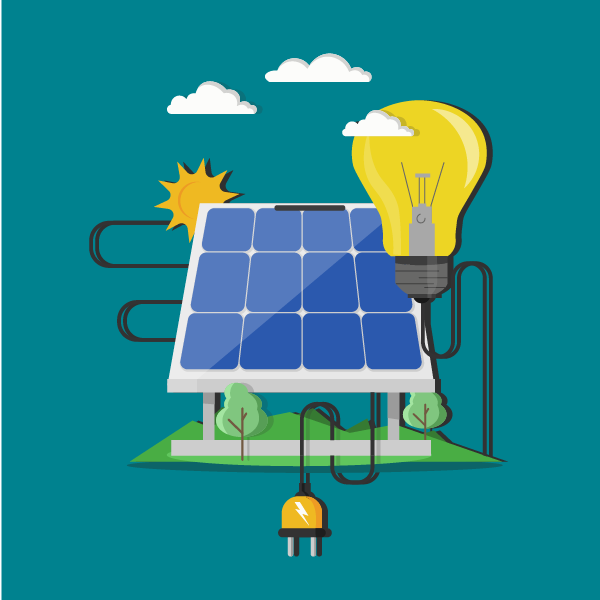In a single hour, the sun provides the earth with enough energy to power the entire planet. Solar technologies use photovoltaic panels to convert the sun’s light into electrical energy. Mirrors are also used to focus solar radiation to generate electricity. Once produced, the energy can be stored in batteries or thermal storage systems. Solar power is an effective way to meet our energy needs without consuming any fossil fuels. The following are some of the advantages of solar power.
Solar panels consist of silicon cells in a glass casing with a special film that absorbs sunlight. They are grouped into arrays and installed on rooftops or large outdoor spaces. Solar cells, also known as photovoltaic cells, absorb the sunlight during daylight hours and generate an electrical current. Once connected to a home’s electrical system, this electricity can be used in the home. The solar panel is usually connected to a power inverter.
Installing solar panels increases the value of your home substantially. Even if you don’t sell it, home buyers will understand the benefits of solar panels. On average, solar panels increase a home’s value by $5,911 for each kilowatt of output. This is almost one-third of the annual electricity usage of a typical U.S. household. However, the initial investment may be prohibitive for many buyers.
There are many factors to consider when calculating the cost of solar power. The initial installation costs and subsequent electricity bills will be the biggest portion of your costs. In some cases, your utility company will also offer financial incentives to encourage you to install solar panels, or you can sell excess power to the grid. The cost of solar panels varies from state to state, so you should do some research before making a final decision. If you’re concerned about the costs, you should contact a licensed professional to learn more about financing options.
The initial cost of a solar power system is usually higher than the cost of utility electricity. However, it may be worth the investment for homeowners who are looking for a way to cut their costs in the future. The initial cost may be offset by the social benefits and reduced carbon footprint. If you’re able to save money on your electric bills while helping the environment, solar power could be an excellent choice for you. The benefits of solar power are clear, but there are also a few drawbacks. As with any investment, the upfront costs of a solar panel system can be substantial.
A solar engineer can work in an office, laboratory, or industrial plant. Generally, solar engineers are employed by a manufacturer of solar equipment. They may travel to several worksites. Due to the high demand for solar engineers, this occupation is one of the most desirable in the solar power industry. The Solar Foundation reported a difficult time finding qualified engineers in 2010.
The sunlight, which produces about 70 percent of Earth’s energy, is a clean, nonpolluting, renewable resource. The sun’s heat is also very efficient, and photovoltaic cells used in solar collectors can generate electricity for thousands of people at night. And in some cases, solar collectors can power entire buildings. You can even build solar collectors for thousands of people at once. So if you have a sunny area where you can gather the sun’s rays, solar power is the way to go!
The basic idea behind solar energy is simple: photons from the sun knock electrons from their atoms. As these electrons flow through the electrical circuit, they turn into usable electricity. Solar panels are made of silicon, just like semiconductors. They contain a negative and positive layer of silicon. The light strikes the silicon layer and knocks loose electrons from their atomic orbits. This free electrons then flow into the electric field and turn the light energy into usable electricity.




